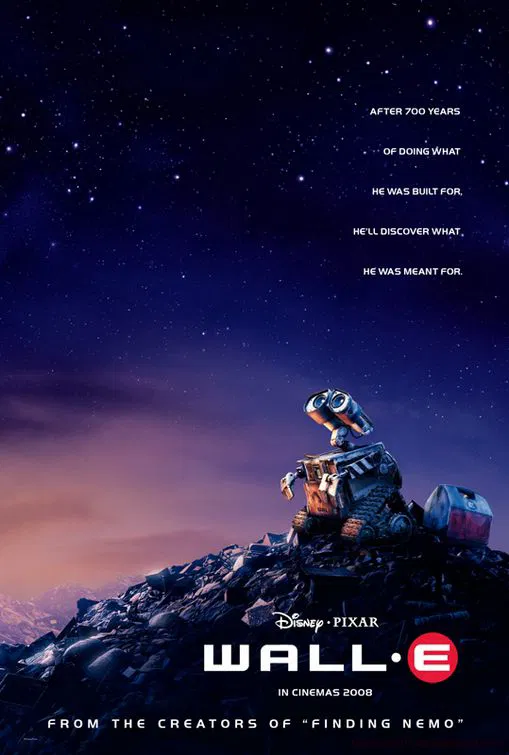for KING & COUNTRY Challenge Listeners: ‘What Are We Waiting For?’
By Movieguide® Staff
Luke Smallbone, singer for Christian band for KING & COUNTRY said that the duo’s new album proclaims that addressing personal responsibility can lead to social change.
Luke fronts the band with his brother, Joel. The Smallbones are passionate about their faith and often encourage Christians to use their faith to engage with the world around them while using Scripture as their compass.
“Social issues are essentially personal issues, just multiplied,” Luke told the Christian Post. “So if you’re not talking about some social issues, then in some cases, you’re actually not talking about personal issues. At the end of the day, ‘Unity’ or ‘Relate’ is a personal struggle. If you multiply it by the thousands, it becomes a social issue.
“One of the reasons why we named the album ‘What Are We Waiting For’ is because I think that answer is different for every single person, the things that I may be waiting for, the things that you may be waiting for, are different. That’s why I think it’s important to ask,” Luke added.
“I think that over the last couple of years, we have very quickly realized that it’s been a strange time,” Luke said. “A lot of the things that I think the pandemic has brought up are [questions] like, ‘I have got dormant dreams that have been laying in my heart and my mind, and life is fragile. Why aren’t I chasing them?'”
He continued: “I think that’s one thing that people are asking. I think another thing that people are asking themselves is, ‘I’ve held bitterness and resentment to whoever it might be. Why am I holding on to that?’ When life is as fragile as seemingly it’s been illustrated by the last couple years, these are questions that we all need to be asking ourselves.”
The duo hope that their album will motivate listeners to action and address some of the questions that have gone unanswered and where God is in the mix of everything.
One of the tracks off their new album is called “Broken Halos,” which Luke said emphasizes our need for God.
“We look at the last couple years, it became very clear that if you’re on this side of the street, I’m going to be on this side of the street, and there’s just no middle ground for anything,” Smallbone said. “I remember seeing posts on social media of people saying, ‘Well, if you don’t do this, and then you’re this and then that, we’ve known each other for 15 years, I’m no longer your friend anymore.’ I was like, ‘What are we doing? Are we an elementary school here?'”
“I think that’s heartbreaking to me that everybody’s got reasons for saying the things that they say. But at the end of the day, we say hurtful things when we’ve been hurt ourselves,” he added. “And I think the sooner that we can realize that we’ve all made mistakes, even though we may project on Instagram that we’re one way, the photos that we’re not capturing may indicate something different. You know what? That should lead us to a place of compassion, it should lead us, hopefully, to a place of empathy.”
Smallbone said they wrote the song as a challenge to one another and their listeners.
“If somebody doesn’t look like you, somebody doesn’t act like you, if somebody doesn’t think like you, that’s not a reason for you to find reasons to disagree,” he explained. “In some cases, it’s like, ‘Why can’t we find some commonalities that don’t have to be that we’re all in agreement?’ But when I look in somebody else’s eyes, and I see pain in their eyes, I know what that pain feels like, because I’ve been hurt and everybody has been.”
“In some cases, I think that’s what Jesus would do. That’s what we’re trying to do,” he added. “We’re trying to live out what that looks like. Our hope is that ‘Broken Halos’ illustrates that story about that challenge.”
Through compassion, Luke and Joel note that people can become more unified.
“So when I talk about unity, I need to be unified with people that I disagree with [first],” Smallbone said. “It doesn’t necessarily mean you don’t call spade a spade on certain issues. I’m not saying that. But I am saying there are always places to be able to find some commonality, some common ground.”
https://www.instagram.com/p/CVYb2buprFm/
Questions or comments? Please write to us here.


 - Content:
- Content: 

